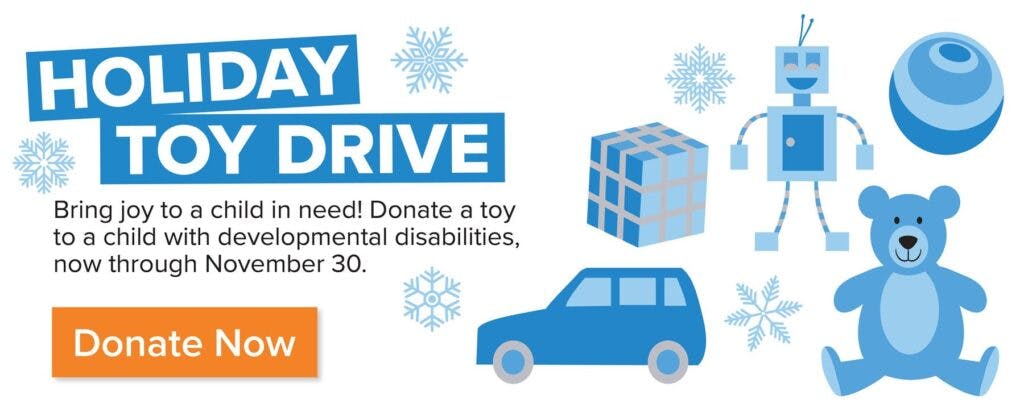Developmental Disabilities Support During Holidays
According to the CDC, developmental disabilities are “a group of conditions due to an impairment in physical, learning, language or behavior areas.” These …

According to the CDC, developmental disabilities are “a group of conditions due to an impairment in physical, learning, language or behavior areas.”

These lifetime disabilities can range in severity and can impede day-to-day functions. Developmental disabilities include, but are not limited to:
- ADHD
- Autism Spectrum Disorders such as Autism and Asperger’s
- Cerebral Palsy
What are Signs and Symptoms of a Developmental Disorder?
As a child continues to grow, they will reach certain milestones that will mark their periods of growth. For example, recognizing their name or learning how to speak are huge milestones for a child. If your child does not meet the milestone expectations that are set for his or her age, it is important to bring it to the attention of your doctor. They can do further testing to conclude whether your loved one has a developmental disability or disorder.
How Do the Holiday Effect Individuals with Developmental Disabilities and Disorders?
The holidays can be a very hectic and chaotic time for everyone. For individuals with developmental disabilities, the holidays can mean an extra set of triggers, which can bring about new and unwelcome emotions. Triggers can include new sights, sounds, smells and activities that will throw the individual with a disability off their routine. For example, holiday parties and gatherings may take the place of a scheduled weekly family dinner. For you, this may seem like no big deal, but for an individual with a developmental disability, this throws them off their routine.
When an individual with a developmental disability is thrown off their normal cadence, he or she may start to have severe anxiety, unhappiness, sadness or aggression towards the situation. This can cause the experiences or outings to feel very cumbersome or dreadful for those surrounded by that individual. Redirecting your loved one with a developmental disability can allow them to focus on activities and tasks that they enjoy and will bring them back to a positive headspace.
Can we Avoid Holiday Sensory Overload?
Being proactive about your loved one’s environment during the holiday season can help you and your family avoid unpleasant feelings and experiences. By taking certain precautionary measures during the holiday season, the chaos and confusion during this time can be negated and controlled. Avoiding holiday sensory overload may take strategic and constant efforts from the family, but will make for a more positive holiday season.

